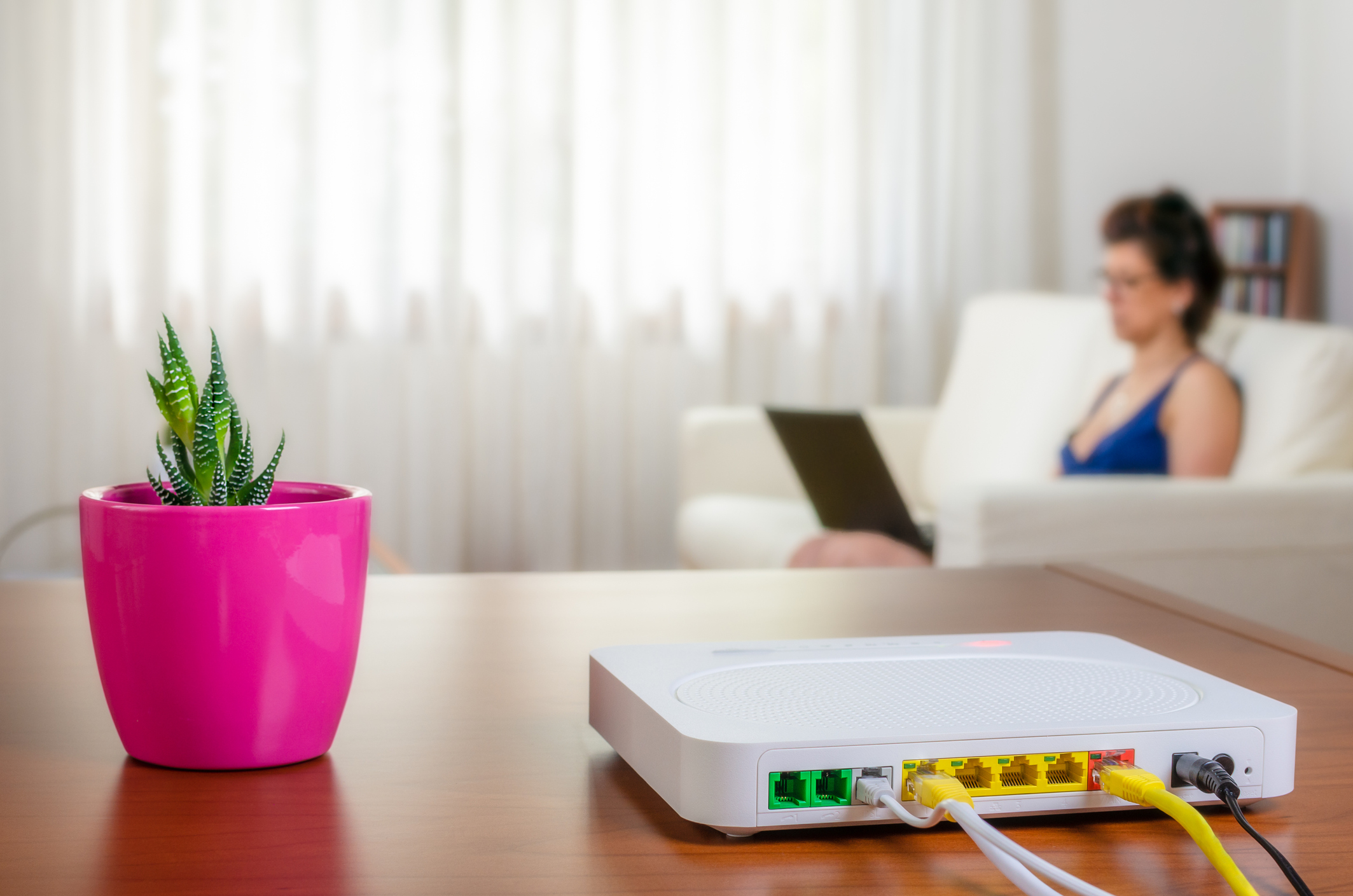The Cost of Renting: Understanding Monthly Expenses Beyond Rent

Renting a property can be an exciting milestone, whether you're starting a new chapter in life or transitioning between homes. However, it’s important to recognise that the rent you pay each month is just one aspect of your total housing cost. In addition to rent, there are numerous other expenses that renters need to consider, many of which can catch you off guard if you’re not prepared. These can include utility bills, council tax, insurance, and additional fees for services or amenities.
In this guide, we’ll explore the various costs that you should factor in when renting in the UK, ensuring you understand the full financial commitment before you sign a rental agreement.
Utilities To Pay In Rented House
Electricity: The cost of electricity can vary greatly depending on your energy consumption, the size of your property, and how energy-efficient the home is. If you live in an older property, you may pay more for heating in the winter or cooling in the summer.
Gas: Many properties in the UK rely on gas for heating and hot water, and this can significantly increase your utility bills. The cost can go higher during winter months when heating is required. If your home is smaller or more energy-efficient, you might spend less.
Water: Water bills can be billed monthly or quarterly, and some rental properties include water charges within the rent. However, if you are billed separately, your monthly water costs depend on your consumption and whether you're in a larger household. Some landlords may also charge separately for sewage services. In some areas, you can opt for a water meter to potentially save money if your household uses less water.
Council Tax: Council tax is used to pay for services like rubbish collection, local libraries, and emergency services. The amount you pay is determined by the council, the size of the property, and its location. In the UK, properties are banded from A-H based on value, and your band determines the council tax rate you pay. Make sure to check the council tax band of your rental property before signing a lease.
Broadband and Utilities: Some landlords offer broadband or utility services as part of the rental package, while others charge separately. Ensure you understand whether internet is included in your rent.

Insurance Costs For Rentals
Cost: Contents insurance is an affordable way to protect your personal belongings against damage or theft. Premiums depend on the value of your possessions and the coverage you choose. Higher coverage limits or additional protection for high-value items (such as jewellery or electronics) can increase the cost.
Liability Coverage: Many policies also offer liability coverage, which protects you if you accidentally damage the landlord’s property (e.g., flooding from a burst pipe). This type of insurance is often recommended in furnished properties where repairs or replacements could be costly. If you're living in a property with an expensive or high-end interior, additional coverage may be a wise decision.
Rented Property Maintenance Fees
General Repairs: While landlords are usually responsible for major repairs (such as fixing structural issues or major appliances), tenants typically must take care of minor maintenance tasks. These may include replacing light bulbs, maintaining garden areas, and keeping the property in good condition. If you’re renting a house with a garden, you might be responsible for lawn mowing and basic upkeep.
Tenant Care: You’ll also be responsible for keeping the property clean and safe, including taking care of things like drains. If the property is furnished, you may also be expected to care for the furniture, keeping it in good condition to avoid deductions from your deposit.
Shared Building Maintenance: For flats or apartment buildings, service charges often apply for the maintenance of communal areas, lifts, stairwells, or gardens. These fees can range depending on the size of the building and the number of amenities. For example, if your building has a concierge, gym, or a shared laundry facility, these services will likely come with extra costs. Be sure to check whether service charges are included in your rent or charged separately.
Take a look at this guide which details landlords' responsibilities when it comes to repairs in rented homes.
Deposits and Move-in Fees For Rented Houses
Deposit: In the UK, a security deposit is typically required by landlords and is usually 5-6 weeks' rent. For example, if your monthly rent is £1,000, you’ll likely need to pay a deposit of £1,150 to £1,250. This deposit is held to cover any damages or unpaid rent at the end of your tenancy. The good news is that deposits are now protected under government-backed schemes, ensuring that your deposit will be returned (minus any valid deductions) as long as you leave the property in good condition.
Deposit Protection Scheme: When you pay your deposit, your landlord is legally required to place it in a government-approved deposit protection scheme, which ensures that disputes about the return of the deposit can be resolved fairly. Always make sure the landlord provides details of the scheme they’re using.
Letting Agent Fees: Thanks to the Tenant Fees Act of 2019, letting agents are no longer allowed to charge administrative fees for things like credit checks or drawing up tenancy agreements. However, some landlords may still charge additional fees for things like inventories (an itemised list of the property’s condition and contents) or specific move-in arrangements.
We have a great guide to rental deposits and your rights - it includes the most popular deposit schemes, how it should be held and what you need to do to get your deposit back.
Rented Property Parking and Storage
Off-Street Parking: In cities, especially in areas like London or Manchester, parking can be scarce, and many rental properties may not include parking spaces. If your property offers off-street parking, this can come at a premium, particularly if the parking space is in high demand. Alternatively, some areas may offer parking permits for on-street parking, and costs vary widely depending on the borough.
Residential Parking Zones: For renters in busy urban areas, a permit to park on the street may be required, adding an extra cost. Always check with your local council about the cost of parking permits for residents, which can often be renewed annually.
Storage Fees: If your property lacks storage space, renting a self-storage unit may be an option. Many rental properties, particularly in urban areas, have limited space for personal items, and renting additional storage space can be a necessary expense.
Commuting Costs In New Rented Home
Train and Bus Travel: The cost of commuting can be a significant monthly expense. Many cities in the UK offer discounted travelcards for students, young people, or senior citizens, so it's worth researching these options.
Cycling: In cities with good cycling infrastructure, biking can be a cheaper, healthier alternative to public transport. Consider whether your area is bike-friendly, and invest in a good bike if it suits your lifestyle.
Driving Costs: If you prefer to drive, your monthly costs could include petrol, car insurance, maintenance, and parking. Additionally, car insurance premiums vary based on factors like your driving history, location, and the type of vehicle. MOT and servicing costs should also be budgeted for your vehicle.
Pet Fees For Rented Properties
Pet Deposit: In the UK, some landlords require tenants with pets to pay a pet deposit as an additional financial safeguard. This deposit is separate from the regular security deposit and is intended to cover any potential damages caused by pets, such as scratches, stains, or other pet-related wear and tear. The amount of the pet deposit typically varies depending on factors such as the size, breed, or number of pets. Larger or more active pets may warrant higher deposits due to the increased likelihood of damage. It’s essential for tenants to carefully review their rental agreements to fully understand the specific terms and conditions related to pets. The lease should clearly outline the deposit amount, the circumstances under which deductions might be made, and whether the deposit is refundable at the end of the tenancy.
Pet Rent: In addition to a pet deposit, some landlords charge a monthly fee known as pet rent. This is more common in properties where pets are generally discouraged or require special permission to keep. It is intended to cover ongoing maintenance or additional cleaning costs associated with housing pets. Pet rent is usually a non-refundable fee and continues for the duration of the tenancy.

Furnishing and Household Supplies
Furniture Costs: When renting a property it is important to consider the cost of furnishing your new home, as many rental properties are offered unfurnished or part-furnished. Unfurnished properties typically do not include essential items such as beds, sofas, dining tables, or wardrobes, while part-furnished properties may only provide basic appliances or limited furniture, such as a single bed or a small dining set. The cost of furnishing a rental property varies greatly depending on its size, your personal preferences, and the quality of the furniture you choose. Renting furniture or purchasing second-hand items can be cost-effective alternatives for those looking to minimize upfront expenses.
Household Essentials: Beyond large furniture pieces, don’t overlook the importance of stocking your home with household essentials. These smaller items are crucial for day-to-day living and can add up quickly. Examples include:
- Kitchenware: Pots, pans, dishes, cutlery, and utensils.
- Cleaning Supplies: Vacuum cleaners, mops, detergents, and bin bags.
- Bedding: Pillows, duvets, bedsheets, and mattress protectors.
- Bathroom Necessities: Towels, bath mats, and toiletries.
Taking time to plan and budget for both furniture and household essentials will help ensure your new home is comfortable and functional from day one.
Late Fees and Other Penalties
Late Rent Payments: Paying rent on time is a critical obligation for tenants in the UK, and failure to do so can lead to financial consequences and potential legal action. Here’s what you should know:
- Late Fees: If your rent is not paid by the agreed-upon due date, your landlord may impose a late payment fee. The specific amount is typically outlined in your tenancy agreement; some landlords may charge a fixed fee, while others might calculate the penalty as a percentage of the overdue rent.
- Repeated Late Payments: Chronic late payments can have more serious repercussions. Landlords may issue warnings or formal notices, and if the issue persists, they might seek to end the tenancy through legal eviction procedures.
Penalties for Violations: In addition to timely rent payments, tenants are expected to adhere to the terms of their lease agreements. Violations of these terms can result in penalties, fines, or deductions from your security deposit. Common lease violations and their consequences include:
- Unauthorised Pets: Keeping pets in a property where they are not permitted may lead to fines or requests to remove the pet immediately. In some cases, landlords may deduct from your security deposit to cover cleaning or repairs caused by unauthorised pets.
- Property Maintenance: Tenants are responsible for maintaining the property in good condition, which includes avoiding damage and keeping the home clean and safe. Neglecting maintenance or causing significant damage may lead to financial penalties, repair costs, or deductions from the deposit.
- Other Violations: Breaching other rules outlined in the tenancy agreement, such as subletting without permission, making alterations to the property without consent, or engaging in disruptive behaviour, could also result in penalties or termination of the tenancy.
Optional Amenities
Gym and Community Facilities: Many modern rental properties, particularly in larger residential developments or city-centre locations, include access to leisure amenities designed to enhance tenants' lifestyles. These amenities may include gyms, swimming pools and community spaces like lounges, meeting rooms, or coworking spaces. While access to these amenities can be a significant perk, they often come with an additional cost, which is typically charged as part of your monthly rent or as a separate fee.
Other Charges: If the property includes communal areas like gardens, rooftops, or lobbies, tenants may be required to contribute to the maintenance and upkeep of these spaces. This charge might appear as a separate fee or be bundled into the rent.
Tips to Manage Renting Costs:
Budget Effectively: Create a detailed budget that includes all costs associated with renting, such as utilities, council tax, and maintenance. Include both fixed costs (e.g., rent) and variable costs (e.g., utilities and parking). This way, you can better manage your finances and avoid surprises.
Shop Around for Insurance: Use comparison websites to find the best deals on contents insurance, and consider increasing your excess to reduce premiums. It’s essential to strike a balance between affordable premiums and adequate coverage.
Negotiate Rent and Fees: If you're willing to commit to a longer lease, some landlords may offer a discount on rent or reduce certain fees. It's always worth asking about potential savings, especially in a competitive rental market.
Consider Roommates: If you're renting a larger property, consider sharing the space with a roommate to split costs, including rent, utilities, and internet. This can make renting more affordable, particularly in high-demand areas like London.
Renting a property comes with numerous costs beyond just the rent. Understanding these costs upfront is essential for avoiding any surprises. By budgeting for these additional expenses, you'll be better prepared for the financial commitments that come with renting, ensuring that you can enjoy your new home without any unexpected financial strain.

